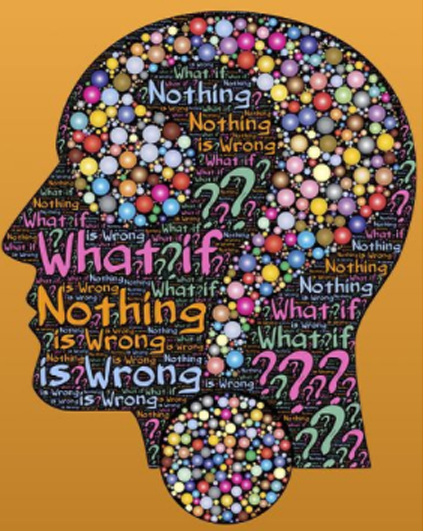16 Source Traits
16 Source Traits are a concept developed by Raymond Cattell, thought to be the building blocks of human personality. Introversion and extraversion underlie most traits. Cattell’s 16 Source Traits: This report is not a diagnosis. We hope this information can guide you toward improving your life. Review our Knowledge BaseContinue Reading










